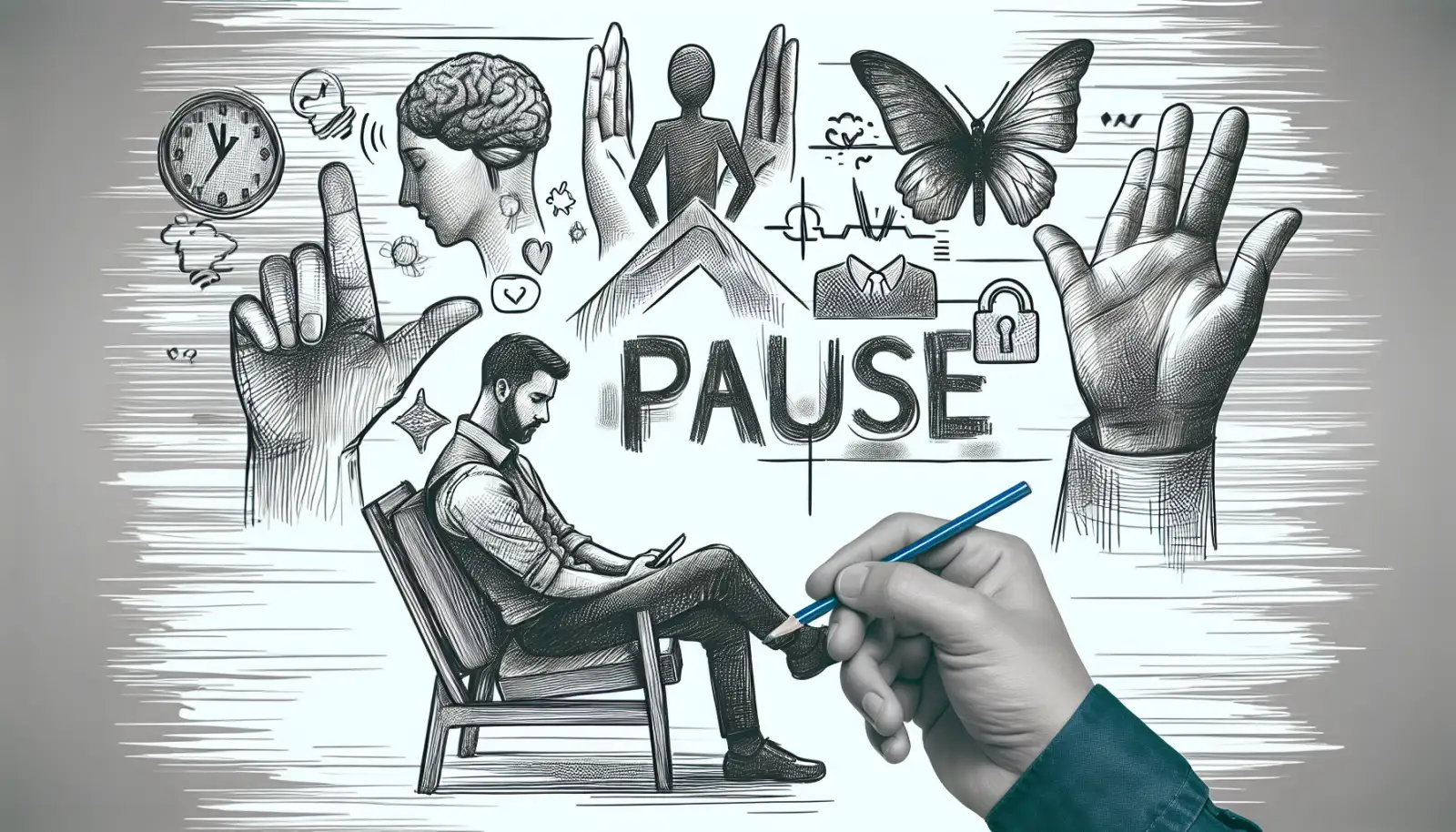The Pause Button for the Melancholic

Translated by AI
This article is not the kind of bottomline discussion that hopes you will not be sad or overthink things.
We have also interacted with bipolar disorder patients, and after experiencing these encounters, I interpret depression as akin to a cold that never gets better. A soaked heart, drenched by crowds and experiences, in this bustling world makes us sometimes feel lonely and helpless. Particularly when facing various stresses and challenges in life, everyone will experience moments of emotional downturns and breathlessness.
Don't worry, I am not arrogant enough to think this article can prevent anything. I understand that for someone with depression, shouting "pause" is not always easy, and managing emotions does not happen overnight.
At times, people around us can—and need—to guide and support us patiently, making sure the surrounding people know their emotions are understood and accepted. However, many people have experienced the aforementioned feelings. These situations are beyond our control, and today we will attempt to learn through this article how to coexist with them.
So, what exactly does "pause" mean? Let us continue to find out.
First, we must try to identify within our emotions a part that allows us to calm down and thereby attempt to "pause."
As for those with depression who cannot declare a pause, the most critical thing is to recognize that emotional management is a process which can be gradually practiced and learned. Try to feel that your emotions are understood and accepted without pressure.
Secondly, seeking professional help such as from psychologists or therapists is very important. Learning to seek professional assistance is crucial. Psychologists or therapists have extensive experience and expertise; they possess professional methods to guide and help melancholic individuals to express and manage emotions. They can also help us find suitable ways to express and manage our feelings.
For those around the individual, it is essential to provide sufficient understanding and encouragement, reminding them they can always come to us for talking or support. Let them feel their emotions are valued, avoiding the necessity to feign strength. Feeling emotionally low does not indicate weakness but is a normal reaction when facing pressure.
For example, when a friend around behaves unusually, we approach them for a talk or sit quietly by their side. Often, what someone with depression needs is companionship, letting them know they do not need to bear it all alone. They can shout "pause" loudly at the right time, giving themselves a breather. Gradually, they will feel a sense of security and be willing to try to shout that "pause."
Entering a "pause" doesn't mean stopping all activities but represents an internal adjustment and reorganization, addressing life's stress and difficulties more effectively.
In conclusion, the concept of pause offers space for rest and reflection to one struggling with depression, enabling them to discover their own rhythm to handle emotional challenges more effectively. Simultaneously, it serves as a gentle reminder for those battling depression to let go of the urge to critique themselves harshly during self-training—seek help, acknowledge that each pause moment is an attempt at practicing letting go, understanding, and accepting their unique journey.
May we all have the courage and skill to shout pause loudly, knowing we always retain this right.











